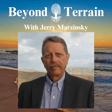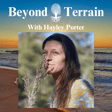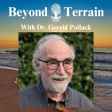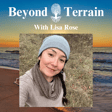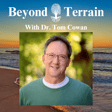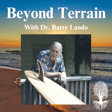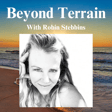
Dawn Lester on the Psychology of COVID, Contagion, The Terrain Paradigm and More!
In this episode, we sit down with Dawn Lester to explore the true nature of health and what really makes us ill. We begin by discussing what health truly is, challenging mainstream definitions and looking at the deeper factors that contribute to well-being.
Dawn shares insights from her personal journey, detailing how her research led her to question conventional medical narratives. This naturally leads into a discussion about her work, What Really Makes You Ill?, where she breaks down misconceptions about disease and explores alternative perspectives on illness.
We take a deep dive into the terrain perspective, shifting the focus from external pathogens to the internal environment of the body. Dawn also offers profound insights into the role of psychology in health, discussing how mindset, beliefs, and emotions influence physical well-being.
This episode is a must-listen for anyone interested in a deeper understanding of health, terrain theory, and the factors that truly impact our well-being. Tune in!
Keep up with me (socials)
https://www.instagram.com/beyond.terrain/
https://linktr.ee/beyondterrain
Our vision at Beyond Terrain is best supported by sharing our work!
To go above and beyond:
BCH: bitcoincash:qq7eq276ylanluc5e39unrqshkvs9xsemg07yxezf7
ETH: beyondterrain.eth
BTC: bc1qqwc470ktgj3l4myqxr5hq67rnlqys0qm98u6f0
Learn more from and support our esteemed guest, Ms. Dawn Lester
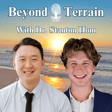
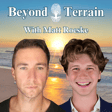
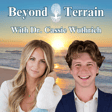
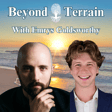
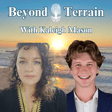
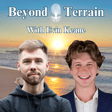
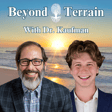
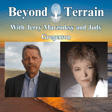

![DNA Doesn't Exist & Genomic Nonsense with Dr. Jerneja Tomsic [Part 2] image](https://media.zencastr.com/cdn-cgi/image/width=112,quality=85/image-files/652933f3a749dc383eb375de/ce5a5fd9-98c9-44fe-9b4b-3d0cd5abcf29.png)
